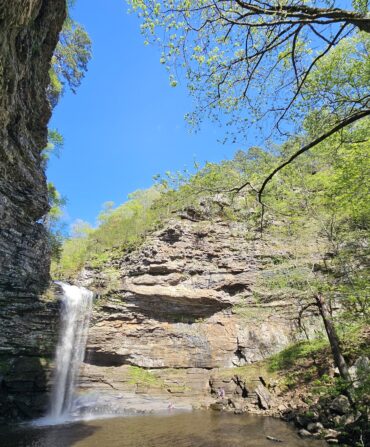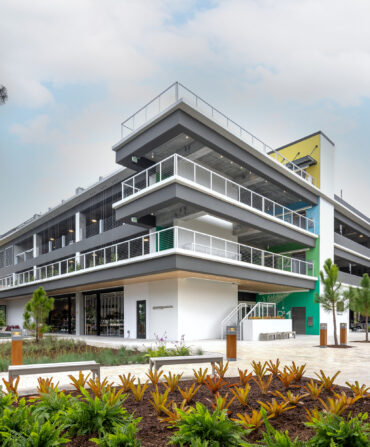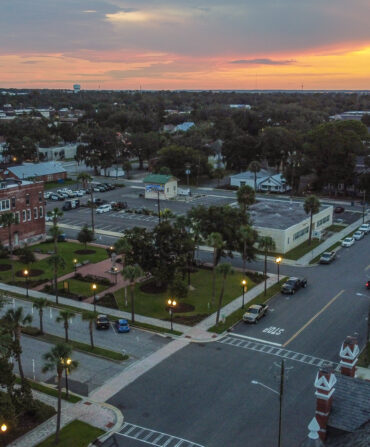Keith Rhodes
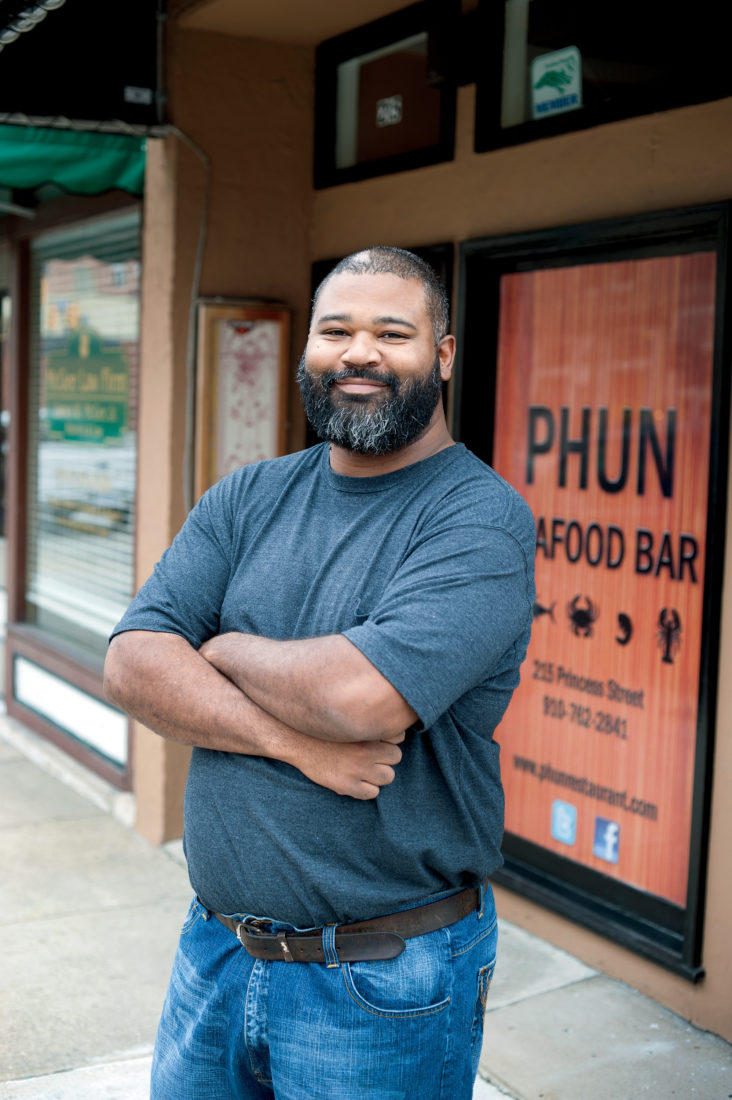
Photo: Joshua Paul
Star Chef
Keith Rhodes.
Growing up around the farms and waterways on Wilmington’s outskirts, Keith Rhodes was living “farm to table” long before it was a restaurant industry tagline. “My granddad would come home with peach baskets loaded with tomatoes, cucumbers, and lots of fish,” Rhodes says of the talented cook who inspired him to become a chef. You may recognize him from this past season of Bravo’s Top Chef, but the James Beard Award semifinalist is best known locally for his seafood restaurant Catch and his newest eatery, Phun Seafood Bar. “I love the community here in Wilmington,” says Rhodes, who has become something of an ambassador for the local culinary scene. “In these times of Targets and Walmarts, the distinction of community is being lost, but I’m working hard to preserve our local food and building upon that.”
Will Allison
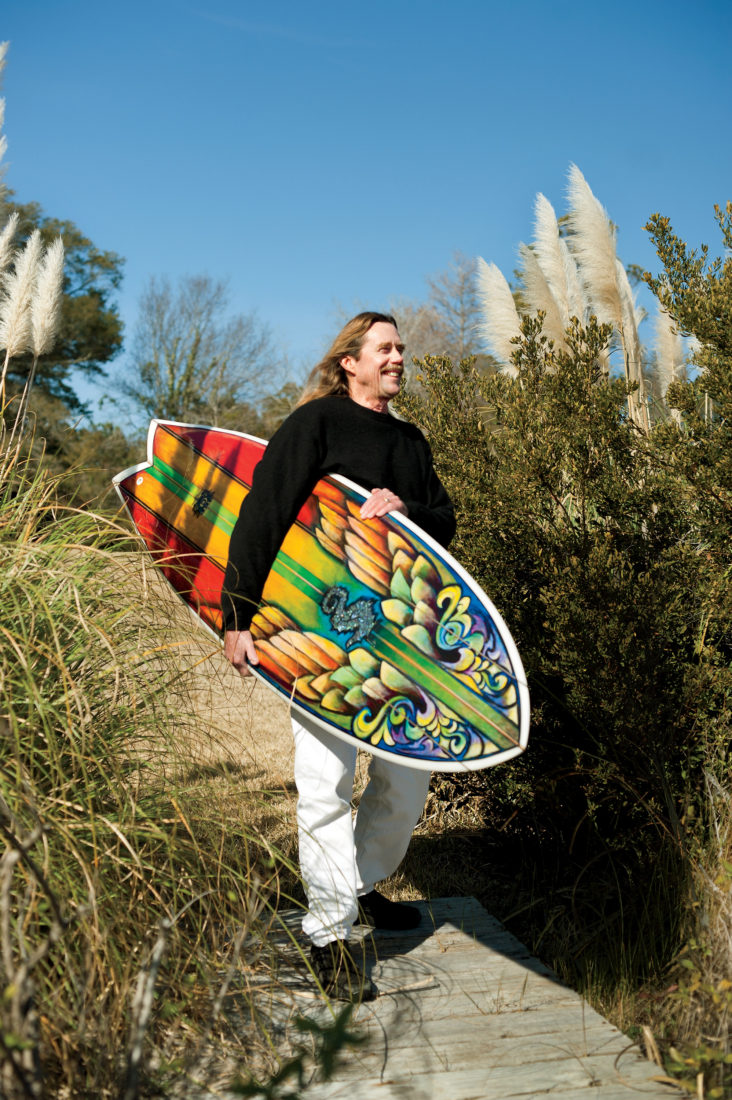
Photo: Joshua Paul
Surfboard Shaper
Will Allison.
No one spends more time in and around Wilmington’s waters than Will Allison. He surfed his first wave at thirteen in the rollers off Wrightsville Beach (“I was totally consumed and never looked back,” he says) and went on to become a highly decorated competitor, with twelve East Coast surfing titles and two United States Surfing Championships to his name. These days this Southern gentleman surfer is making waves with his handcrafted surfboards, functional works of art that are as fun to ride as they are to look at. At sixty-one years old, Allison still surfs most every day, when he’s not clamming or picking oysters in the local marshes. “I just love being in the water here,” he says. “It’s like my briar patch.”
D. Ann Pabst, Ph.D.
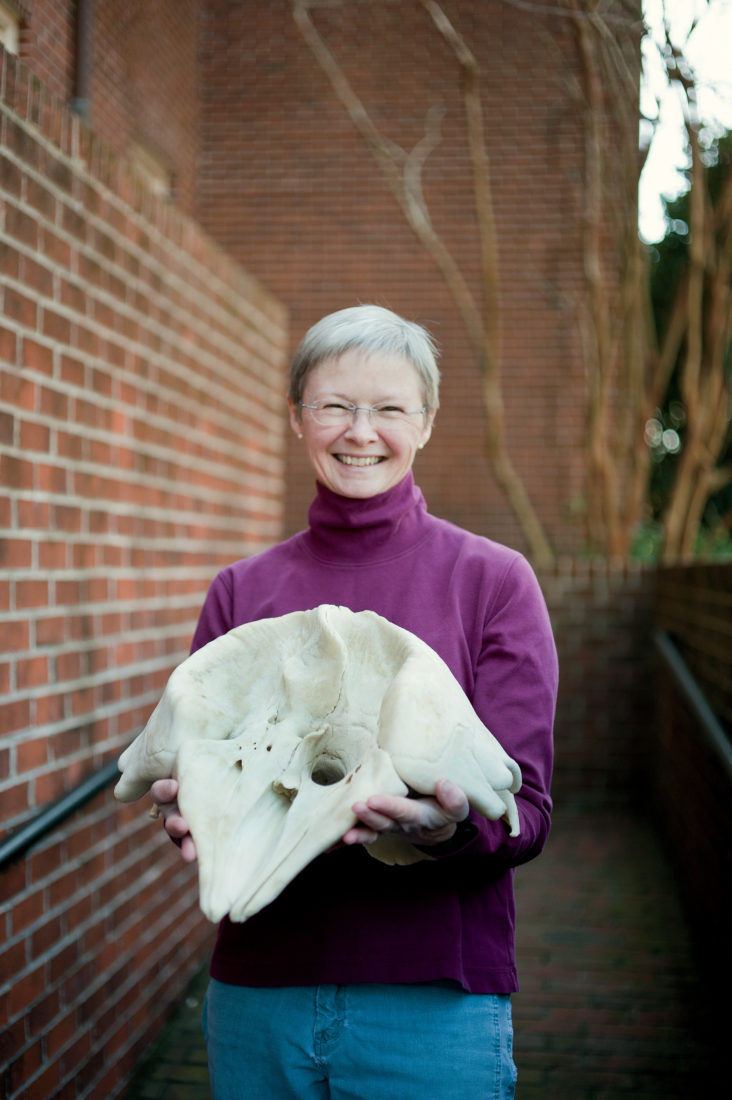
Photo: Joshua Paul
Dolphin Doyenne
D. Ann Pabst, Ph.D
Ann Pabst arrived in 1995 to teach biology at UNC– Wilmington, and she can’t think of anywhere else she’d rather be. Pabst has been instrumental in building UNC–W’s reputation as a top marine biology program and cofounded its Marine Mammal Stranding Program, which provides first responders who investigate beachings along the state’s coastline. Much of her research focuses on the bottlenose dolphins that inhabit Wilmington’s waters. “They’re living coastally and relying on the same sorts of resources that we do,” she says. “And they are kind of a sentinel for ecosystem health locally.” Apart from the native wildlife, she’s found a lot to like about her human neighbors, too. “Folks who live here naturally have an interest in and an appreciation of the coastal environment,” she says. “And I think that really helps ground us as a town.”
Dan Brawley
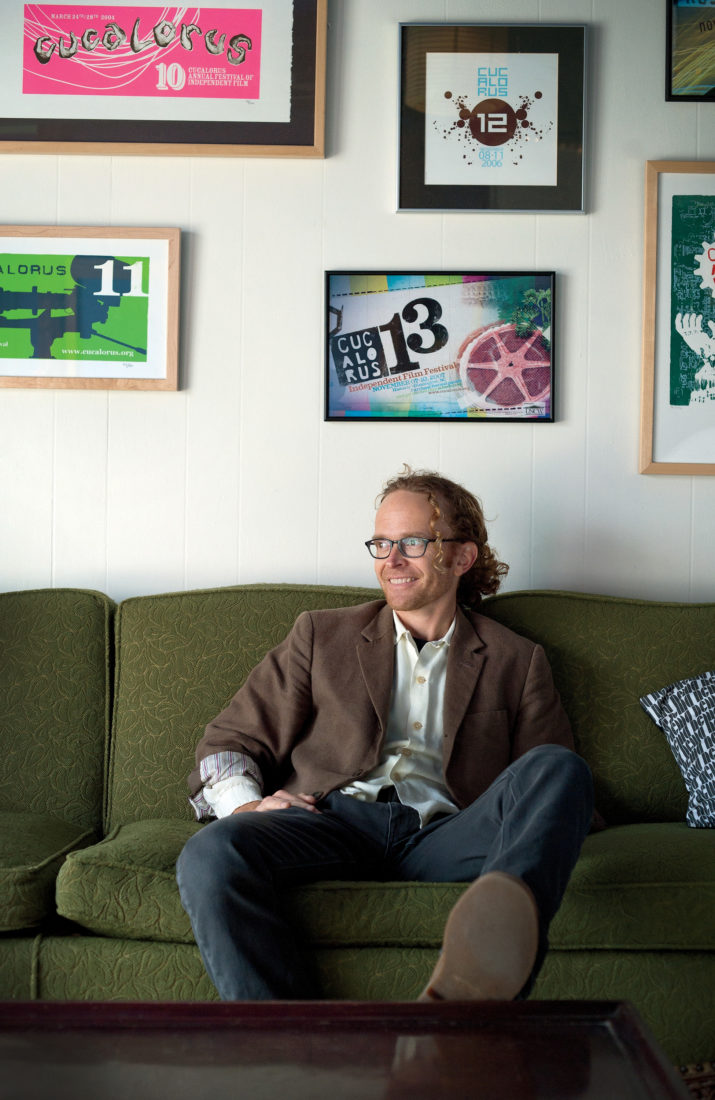
Photo: Joshua Paul
Indie Spirit
Dan Brawley.
Dan Brawley was working as a welder on movie sets during the late 1990s, when Wilmington was in its Hollywood heyday, with twenty to thirty feature films being made locally each year. Though he traveled extensively, he was always drawn home by the city’s vibrant cluster of filmmakers and artists. “It’s almost like the circus,” he says with a chuckle. In 1999, he took the helm of Cucalorus, an indie film festival held every November that now generates an estimated $5.5 million annually for the city. He founded a theater, Jengo’s Playhouse, established an artist residency program, and spearheaded a grassroots lobby that led the state to implement more competitive incentives to draw film productions back to town (the mammoth Iron Man 3 starts filming here this spring). “I’m always looking for ways to put Wilmington on the map for filmmakers,” he says. “You have all of the resources of Hollywood right here.”


